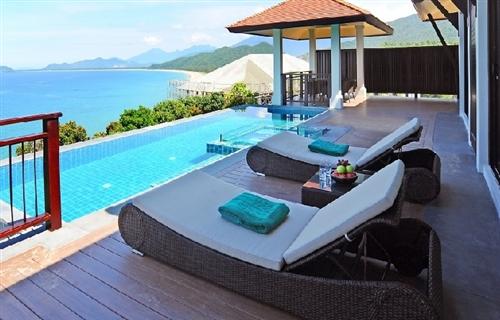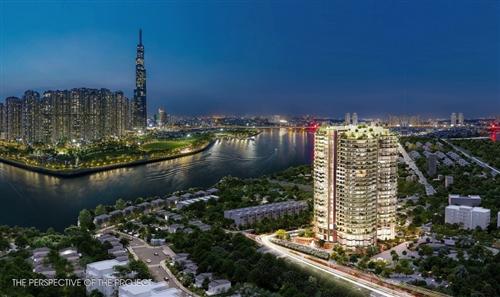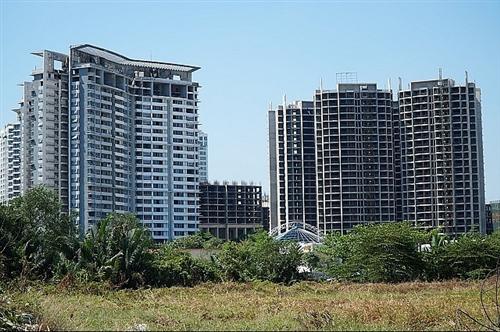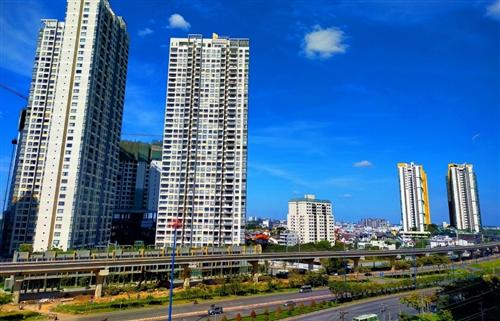Vietnam’s second-home segment on the rise
Vietnam’s second-home segment on the rise
Kenneth Atkinson, founder and senior board adviser at Grant Thornton Vietnam, shares with Bich Ngoc his opinion on the future for Vietnam’s second home market.
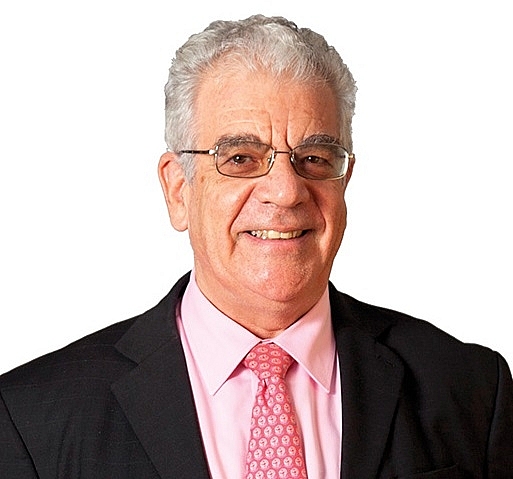
Kenneth Atkinson, founder and senior board adviser at Grant Thornton Vietnam
|
Vietnam has been one of the top-performing inbound tourism markets over the last few years. In January, the country received just under 2 million foreign visitors in one month alone. Much of this rapid increase in inbound tourists has come from China, South Korea, and Japan, who together have contributed more than 50 per cent to the inbound tourism market.
Tourism is a major contributor to national GDP with over 10 per cent and has contributed to the country becoming one of the fastest-growing economies in the world with GDP growth at over 7 per cent in the last two years.
Foreign direct investment (FDI) has also seen record highs. Among the top five investors, China has just taken the fifth position in 2019, right behind the four top investor markets South Korea, Hong Kong, Singapore, and Japan. The FDI stream from these Asian economies has also led to a significant increase in interest from property buyers.
Foreign homeowners can be a major factor contributing to the rate of returning visitors to a country, such as in the example of Thailand, where the return rate for visitors usually sits close to or above 70 per cent. Meanwhile, Vietnam has currently a rather low portion of returning visitors.

Vietnam’s second-home segment on the rise
|
However, Vietnam to offer a lot when comes to the property market, such as attractive prices and stunning locations, particularly because of its coastline of over 1,900 kilometres and countless pristine beaches.
Although foreigners have been able to buy property in Vietnam since 2015, the regulations have not been very clear and the projects that are authorised to sell to foreigners have yet to be clearly nominated in most locations.
Also, foreign ownership is limited to 30 per cent of each development. However, this does not seem to have deterred Chinese and other Asian buyers who have been preparing to invest in property through long-term lease contracts rather than requiring actual title deeds.
Key drivers for the local property market are affordability and accessibility, particularly in the coastal resort areas such as Ha Long Bay, Haiphong, Danang, and Phu Quoc. All of these locations have international airports and a growing number of regional flights and casinos.
Home prices in Vietnam are starting at $2,500 per square metre for high-end apartments and go up to $6,000-10,000 per square metre for luxury property in Ho Chi Minh City, which is still considered relatively cheap for many Asian buyers.
Market experts also expect to see a rise in the number of branded residences as the interest from more affluent buyers remains high. Vietnam currently has the third-highest number of projects in the pipeline to meet their demand. Rental yields on city properties remain decent at 6-8 per cent in the better developments and many developers in the coastal resort areas have attracted buyers with high guaranteed returns of 8-10 per cent for 10 years, although it is expected that these will fall back on default values over the coming months, not only because of the impact of COVID-19.
In total, however, rental yields in Vietnam are significantly higher than say in Bangkok and other parts of Thailand, and Singapore.
The growing demand from the rapidly growing Vietnamese middle class, which is expected to grow from under 20 per cent to 40 per cent in the next seven to 10 years, will ensure a high level of local demand as well as increasing foreign demand to ensure returns on investment.
Recent significant improvements in infrastructure have been another key driver in the attraction of foreign investors, particularly so around Ho Chi Minh City with its links to the coast as well as Hanoi and its links to places like Ha Long Bay. The metro systems in both major cities will be operational from 2021 and this will open up some of the outlying city areas for further investment opportunities.
According to Baker Mckenzie, the Comprehensive and Progressive Agreement for Trans-Pacific Partnership (CPTPP), which came into force in January 2019, is expected to further benefit the real estate market in Vietnam.
Foreign investors will be protected through the Investor-State Dispute Settlement (ISDS) mechanism, which applies to cross-border investments in the property development and the CPTPP also enlarges the real estate services in which foreign investors can participate in, including the brokerage services, exchange floors, consulting services, and management services, with respect to both residential and commercial properties.
Because of its affordability, Vietnam is also a potential market for retirement homes, and a programme similar to Malaysia’s second home programme would be very attractive to a lot of retirees in the Asia Pacific region and some from Europe and North America.









